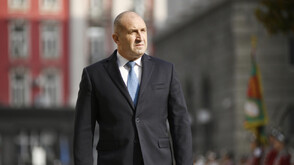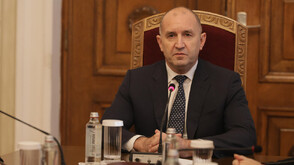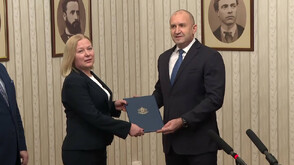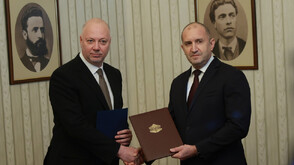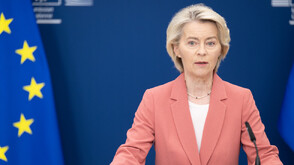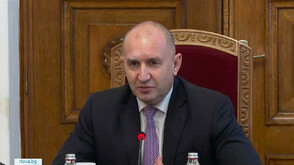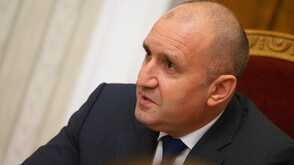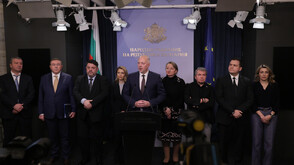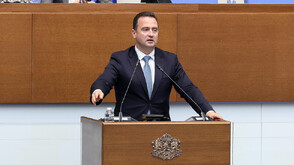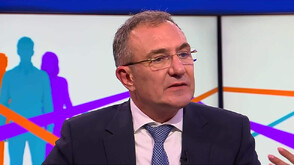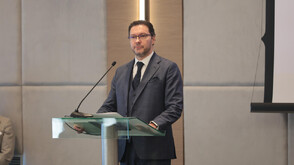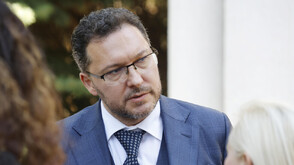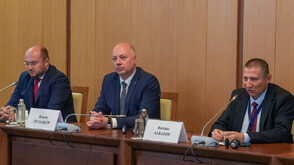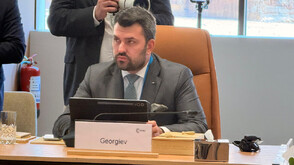
Photo: Archive
The main parameters of the budget include increase in the minimum wage and the maximum contributory income
The government Friday approved the 2024 state budget as well as the medium-term budget forecast for 2024-2026 and the bills for the budgets of the National Health Insurance Fund and the State Social Insurance. "The budget is sure to hold for a year but if the revenues are better than planned, it might have to be revised," Finance Minister Assen Vassilev told reporters in the government HQs.
The deficit is set at 3% which is in keeping with the Maastricht criteria and makes sure Bulgaria will meet the standards for accession to the eurozone. "The budget provides for enough revenues, which adequately reflect the economic growth and the effective tax legislation," said Vassilev.
At the start of the government meeting, Prime Minister Nikolay Denkov said that the state budget is very well prepared and balanced. "After its discussion in the National Assembly, perhaps with minimal adjustment, it will be adopted on time and will come into effect on January 1, 2024." he said.
The macroeconomic forecast of the Finance Ministry's Institute of Analyses and Forecasts envisages that the GDP growth picks up to 3.2% in 2024 driven by a growth in investment, reaching BGN 205.8 billion. Between 2025 and 2026, the economy will grow by 3% a year.
Employment is expected to increase and unemployment to decrease. The decline is relatively slow as unemployment is relatively low. The average unemployment rate is expected to be around 4% and 3.9% by the end of the period.
The main parameters of the budget include increase in the minimum wage and the maximum contributory income. The government expects a wage growth in the economy, including in the private sector, of around 11% next year He said an increase in personnel costs is also expected in the public sector.
The ceiling on the public debt is set at BGN 48 billion (23.3% of GDP) for the end of 2024, and at BGN 56.2 billion (25.8% of GDP) and BGN 65.6 billion (28.3% of GDP) for 2025 and 2026 respectively.
Here is what the Finance Minister also said:
We have a policy to improve the demographic situation in the country and we hope that it will remain for the next governments so that families chose to have children and raise them adequately. This policy started in 2022 and it should remain for the next one or two decades. Bulgaria is already among Europe's top five countries in terms of birth rate.
We are also following a policy of a permanent increase in incomes - they will grow by 11%. The same increase is envisaged for pensions. The goal is to reach 65-70% of the average European income. Then people will start coming back to Bulgaria. This is already visible in some sectors of the economy like energy and engineering -not just in the IT sector.
In addition to the increase in incomes, we also plan a broad investment programme. For the first time, it will be in a separate annex, to be approved by Parliament, where all projects will be listed. There is BGN 1 billion in the budget for municipal projects: these will also be transparent and public. Municipal projects will be determined by the municipal councils and mayors. Municipalities will be able to submit projects until March 1 next year and the mayors will have time to react.
The budget was discussed with the MPs in advance and if there are changes in the debating chamber, they will be in the capital programmes because for the first time they will be visible and the competent committees must carefully look at the investment projects and make a decision.
Редактор: Тони ГосподиновПоследвайте ни

